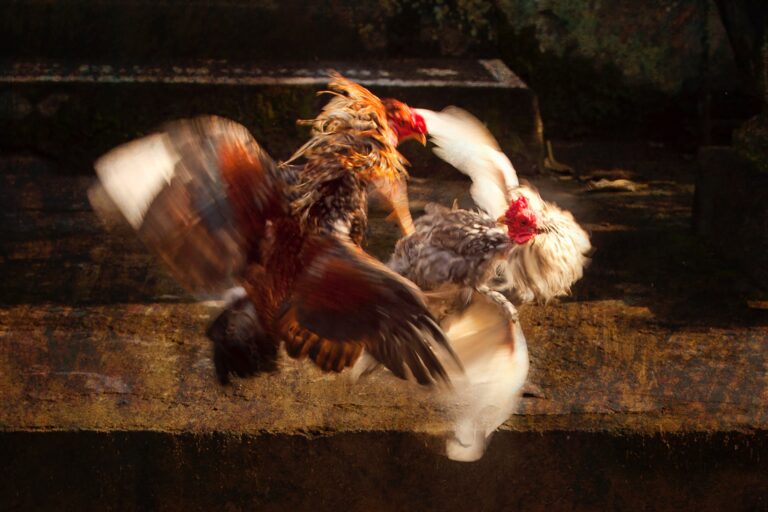What is the legality of cockfighting in India?
In India, cockfighting is considered an illegal activity under the Prevention of Cruelty to Animals Act, 1960. However, despite its illegality, the practice of cockfighting still exists in many rural parts of the country. In some regions, it is even considered a traditional sport with cultural significance, making it difficult to completely eradicate.
Brief overview of cockfighting in India: is it legal?
Although cockfighting is illegal in India, it continues to be a popular sport in many parts of the country. Some of the areas where it is commonly practiced include Andhra Pradesh, Tamil Nadu, Kerala, and Karnataka. In these regions, cockfighting is often organized during festivals and local events, with large sums of money being bet on the outcome of the fights. Despite numerous attempts by animal rights activists and the government to put an end to this cruel sport, it still persists in various parts of India.
What is cockfighting known as locally in India?
In India, cockfighting is known by different names in various regions. Some of the local names for the sport include:
- Kodi Pandem in Telugu (Andhra Pradesh and Telangana)
- Seval Sandai in Tamil (Tamil Nadu)
- Kaadu Kothi in Kannada (Karnataka)
- Kaala Vayal in Malayalam (Kerala)
These local names often carry cultural significance and are deeply rooted in the history of the regions where cockfighting is practiced.
In India, cockfighting is illegal under the Prevention of Cruelty to Animals Act, 1960. The act specifies that any person found guilty of causing unnecessary suffering to an animal can be punished with a fine or imprisonment. The specific sections of the act that relate to cockfighting include:
- Section 11(1)(m)(ii) – Organizing or participating in any activity involving animal fighting
- Section 11(1)(n) – Using any animal as bait or encouraging such acts
Those found guilty of organizing or participating in cockfighting can be fined up to INR 1,000 and/or imprisoned for up to three months. Additionally, the Andhra Pradesh Gaming Act, 1974, also prohibits gambling on cockfights, with violators facing imprisonment for up to one year or a fine of up to INR 5,000.
How do government laws and resources address cockfighting in India?
The Indian government has implemented various laws and regulations to address the issue of cockfighting in the country. However, enforcement of these laws remains a challenge due to the cultural significance of the sport and the lack of awareness among the public. Some of the measures taken by the government and animal rights activists include:
- Conducting raids on illegal cockfighting events and seizing the birds involved
- Implementing awareness campaigns to educate the public about the cruelty of the sport and the legal consequences of participating in it
- Working with local communities and NGOs to provide alternative sources of entertainment and income to those involved in cockfighting
Despite these efforts, cockfighting continues to be a pervasive issue in India. Stronger enforcement of existing laws, increased public awareness, and a shift in cultural attitudes towards animal welfare are necessary to bring about a significant decline in this cruel and illegal sport.

I’m just back from India and I can tell ya, cockfighting is pretty common there. My cousin was visiting and got caught up in a fight down at a local cockfighting ring. 🤦🏽♂️ He got fined for illegal gambling and had to pay a hefty fine. Luckily, he was able to leave without any jail time. All I can say is, watch out – cockfighting may be illegal there, but it’s still something that happens. 🤷🏽♂️